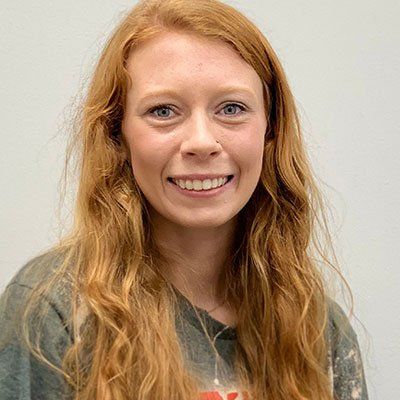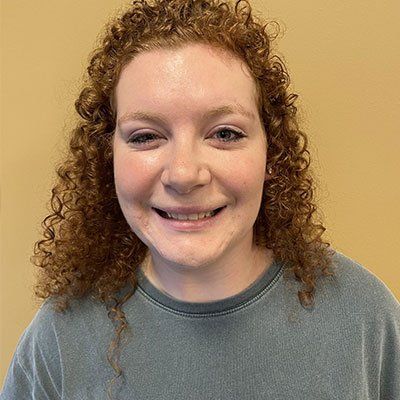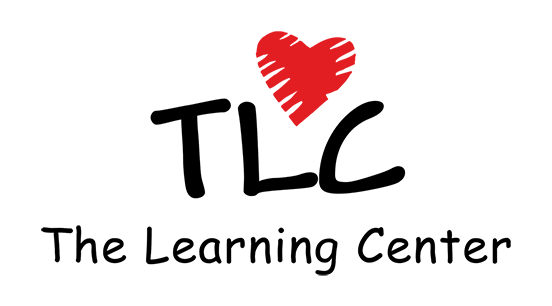Applied Behavior Analysis Specialists
Learn How Your Child Learns Best
Applied Behavior Analysis (ABA) is a therapy based on the science of learning and behavior. It helps us to understand:
- How behavior works
- How behavior is affected by the environment
- How learning takes place
The Learning Center of Northeast Arkansas, Inc is a licensed and insured behavioral education center with that has been aiding child development for over 60 years. Call us today to discuss scheduling ABA therapy for your child!
ABA Therapy at The Learning Center
At TLC, we base our ABA Therapy on behavior principles everyone uses to learn. These behavior principles first attracted study in the 1950s. Doctors and psychologists did not create these principles; they already existed. All doctors did was study them.
Every living being learns from these same principles of behavior. The goal is to increase helpful behaviors and lead to further learning and decrease behaviors that interfere with learning by applying these principles directly to behavior.
Per ABA's definition, specialists must only teach skills with social significance to the individual or the individual's family. If lessons do not bear real-world relevance, then they do not meet the definition of ABA.
All ABA is research-based. Any procedure we use has already been used in a research study and has demonstrated reproducible results.
TLC Employs Positive Reinforcement
When you add something to the environment and increase the occurrence of a behavior, the behavioral principle applied is known as the principle of reinforcement. When you take something away from the environment, you have again used a principle of reinforcement.
Any time you cause an increase in behavior, the principle of reinforcement is applied. Children learn how to request wants and needs, control their environment, and dress themselves or play with another child through reinforcement.
Much of the ABA intervention session looks like play to the child. A sign of a good behavior technician is when the child runs to them as soon as they enter the door of their home or classroom.
The child has learned that this person is a motivating operation for obtaining good things and fun things while learning skills that help them learn even more. The Learning Center uses this powerful principle most of the time.
What Does Our ABA Program Involve?
Preschool ABA Program

Hannah Bowen
Registered Behavior Technician

Nikki Vos
Registered Behavior Technician

Tomeka Tucker
Registered Behavior Technician

Emily Cooper
Registered Behavior Technician

Christian Anderson
Registered Behavior Technician

Andrew Perkins
Board Certified Behavior Analyst

Scarlett Combs
Registered
Behavior Technician

Adrienne Black
Registered
Behavior Technician


Share On: